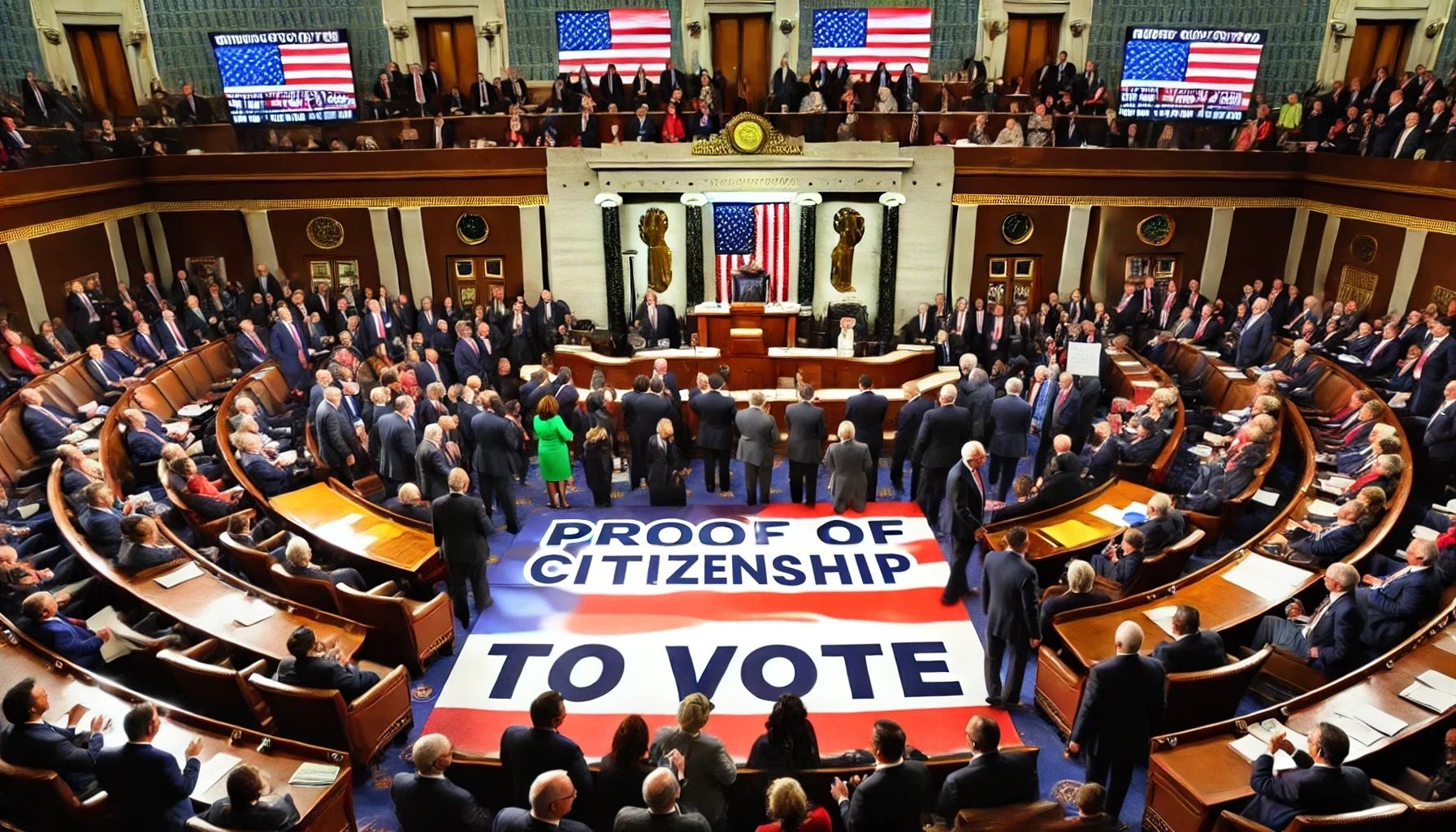The House of Representatives passed a bill on Wednesday requiring proof of citizenship for voter registration. This legislation has been a priority for Republicans as an election-year talking point, even though research indicates that noncitizens illegally registering and voting in federal elections is exceedingly rare. The bill passed largely along party lines, with five Democrats joining the Republicans in support. However, it is unlikely to advance through the Democratic-led Senate, and the Biden administration has expressed strong opposition, stating that current safeguards already prevent noncitizen voting.
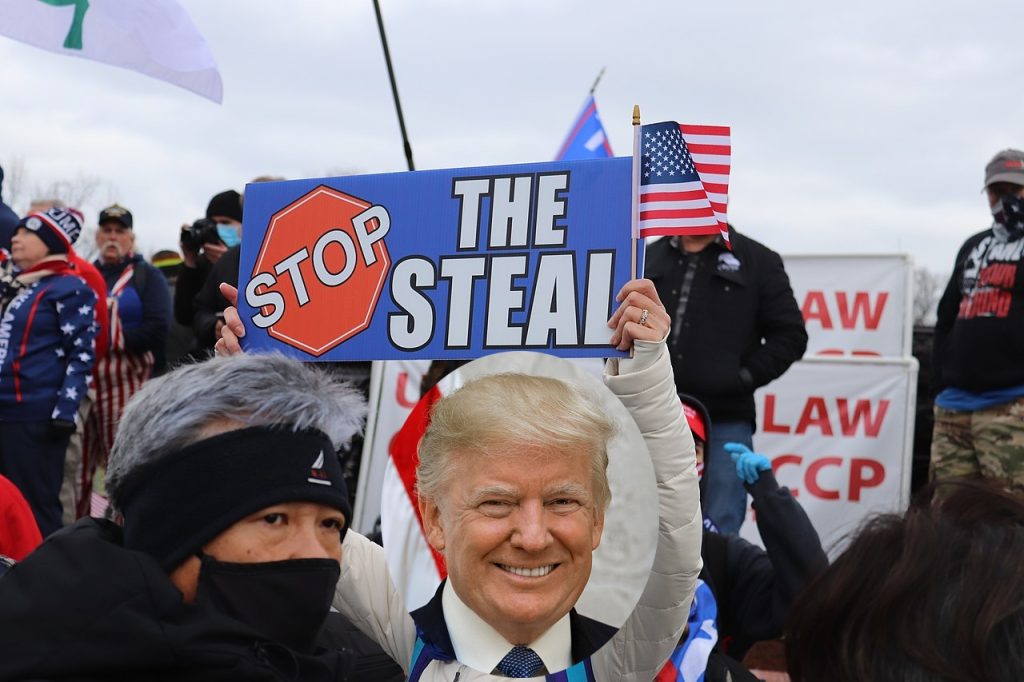
The passage of this bill gives Republicans a platform to highlight their key issues of border and election security. It also aligns with former President Donald Trump’s claims that Democrats are facilitating a surge of migrants to register them illegally to vote. Noncitizens are not permitted to vote in federal or state elections. However, incidents of noncitizens successfully registering and voting, though rare and usually accidental, do exist. States have mechanisms to detect such cases, but there is no standardized protocol across all states.
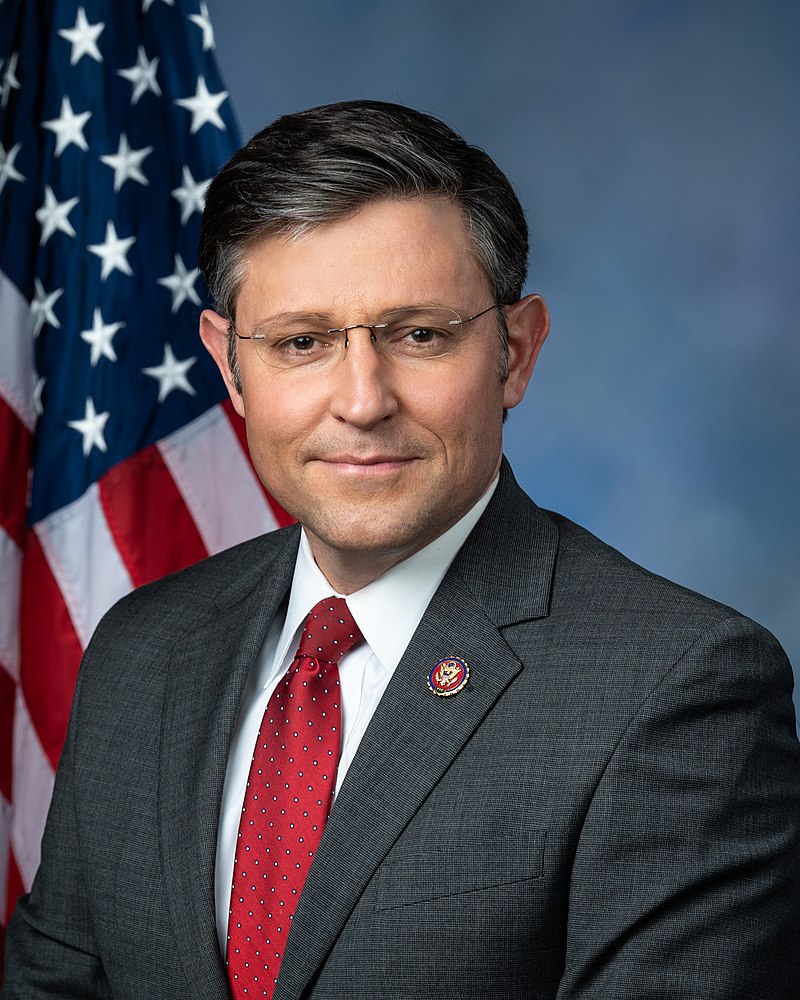
Republican House Speaker Mike Johnson, a prominent supporter of the bill, criticized Democratic opposition, suggesting it indicates a desire to allow noncitizens to participate in federal elections. In a recent news conference, Johnson called the vote a “generation-defining moment” and warned that even a small percentage of noncitizens voting could potentially alter election outcomes. Trump’s social media posts have echoed this sentiment, urging Republicans to pass the legislation or risk losing the integrity of the elections.
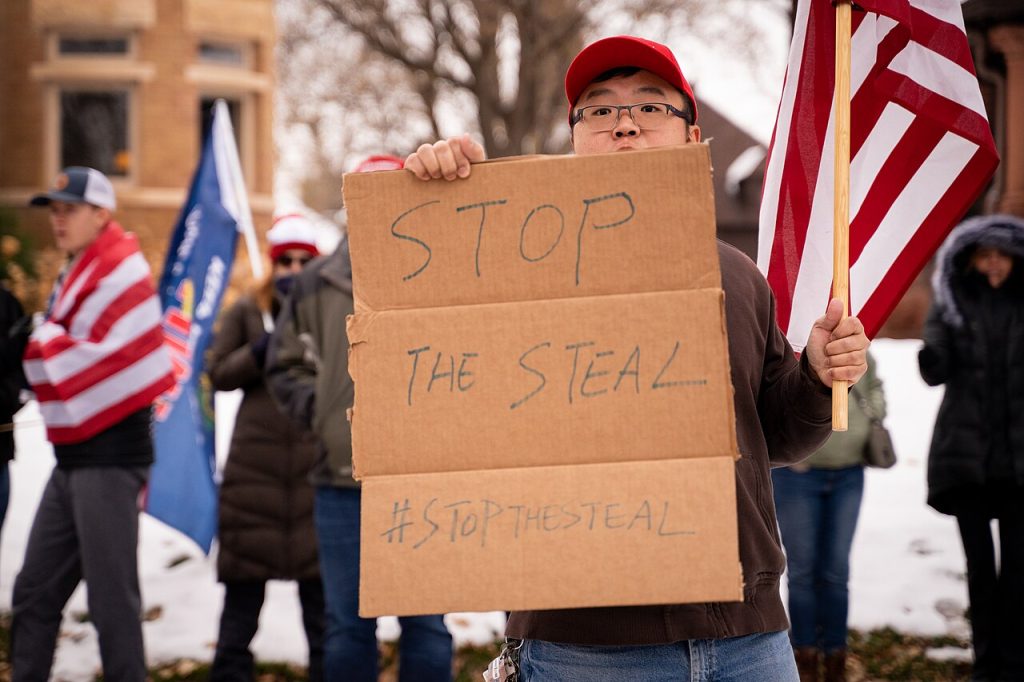
Trump’s focus on noncitizen voting is part of a broader strategy to cast doubt on election validity if he loses, a narrative he has consistently pushed during his campaign rallies. This strategy is not limited to Trump; GOP lawmakers nationwide have been passing state legislation and placing noncitizen voting measures on state ballots. For instance, the Safeguard American Voter Eligibility Act has become a key issue for Republicans in their campaign against Democrats.
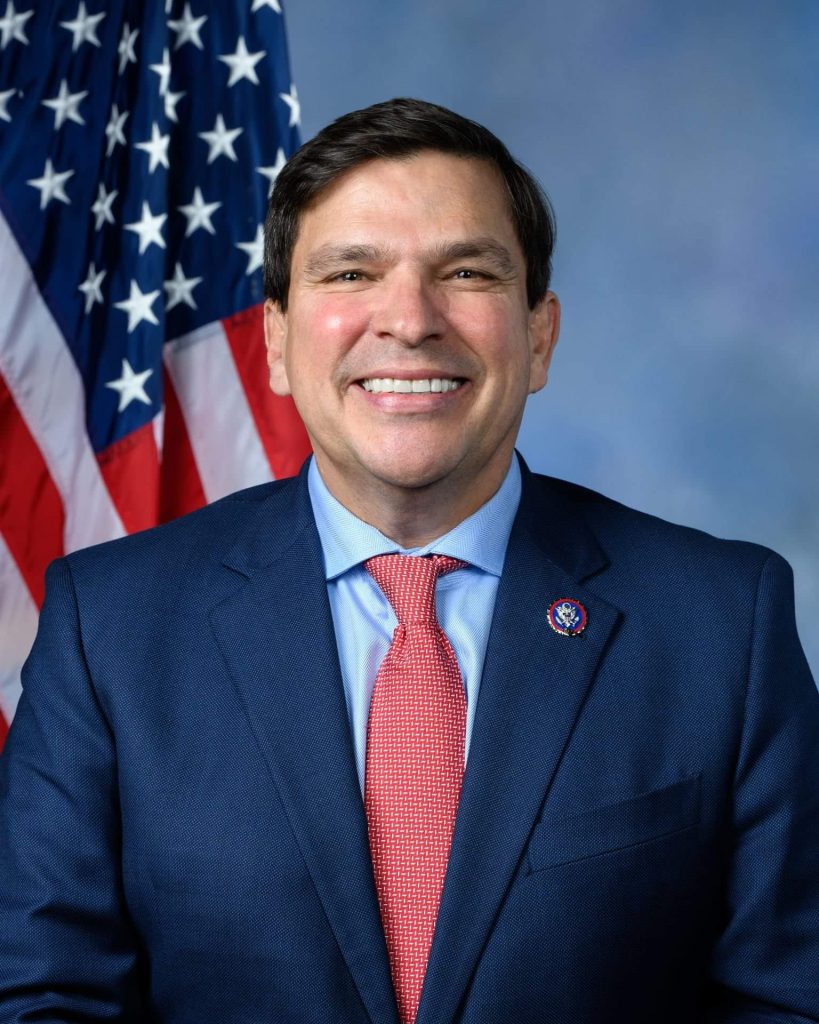
One of the few Democrats who supported the bill, Rep. Vincente Gonzalez (TX), acknowledged that he voted for it because it has no chance of passing in the Senate. He described it as another example of Republican messaging rather than a practical legislative effort. Most Democrats and voting rights advocates argue that the bill is unnecessary, as it is already illegal for noncitizens to register or vote in federal elections. They also highlight surveys showing that many Americans lack easy access to documentation proving their citizenship, potentially disenfranchising eligible voters.
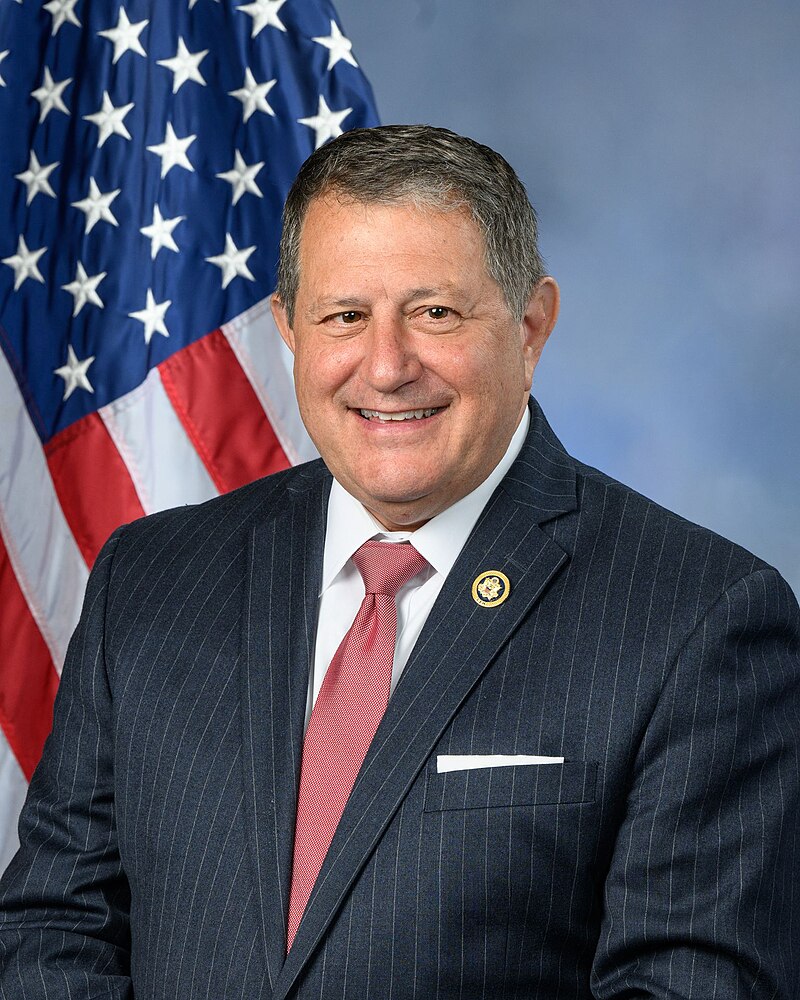
During the House floor debate, Rep. Joe Morelle expressed concerns that the bill could disenfranchise various groups of American citizens, including military members stationed abroad, married women with changed names, Native Americans with tribal IDs, and natural disaster survivors who lost their documents. Morelle argued that the bill is part of a larger Republican effort to question the legitimacy of the upcoming election.
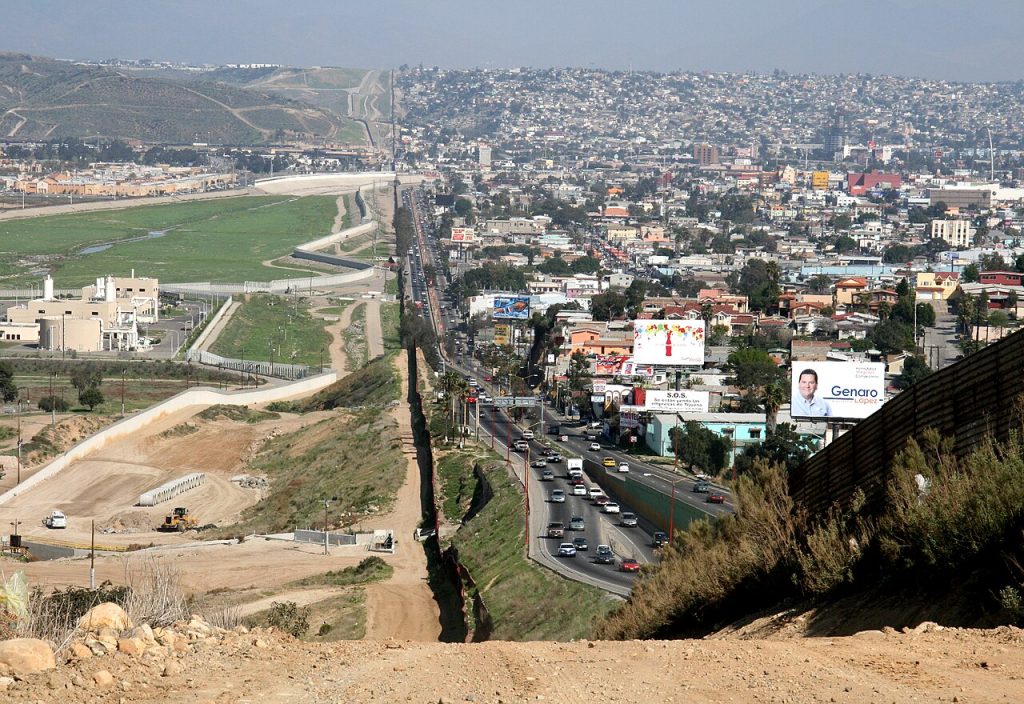
Despite these concerns, Republicans insist that the surge of migrants at the U.S.-Mexico border poses a risk of noncitizens voting and influencing election results. They argue that every illegal vote cancels out a legitimate one. The bill would require noncitizens to be removed from voter rolls and new applicants to provide documentary proof of citizenship. However, what constitutes acceptable evidence beyond attestation is not clearly defined.
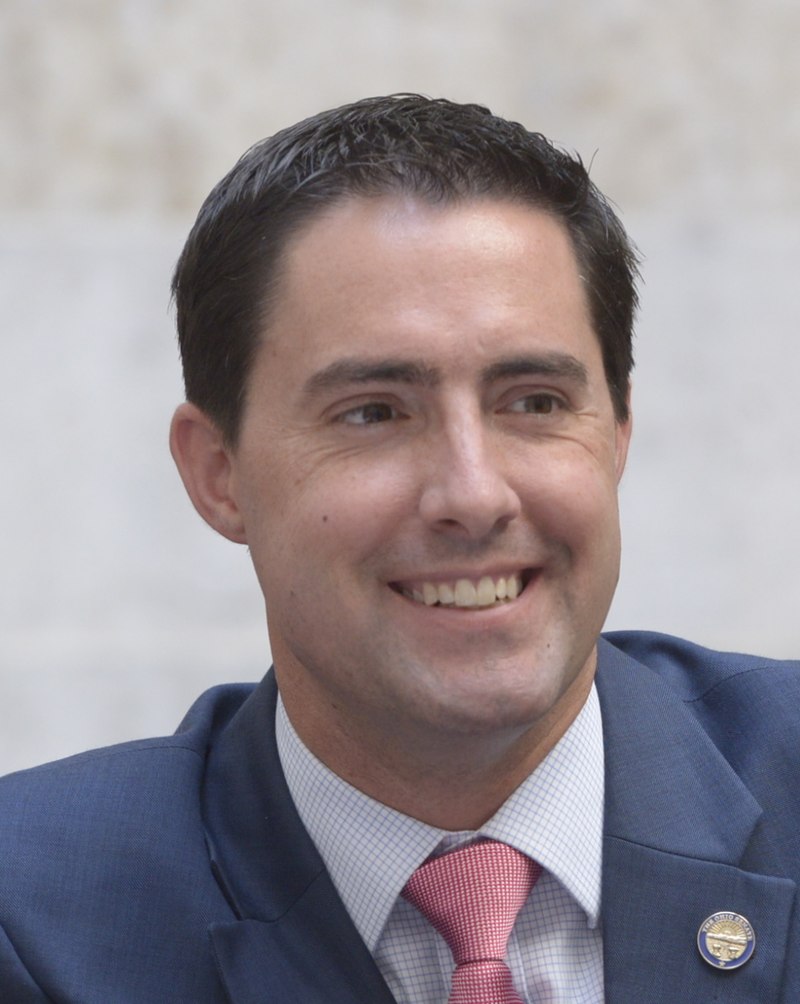
Instances of noncitizens on voter rolls are extremely low. For example, Ohio Secretary of State Frank LaRose found only 137 suspected noncitizens out of approximately 8 million voters. Similarly, audits in Georgia and North Carolina revealed minimal instances of noncitizen voting, with none affecting election outcomes. Despite these findings, supporters of the bill argue that even these rare cases justify stricter voter registration requirements.
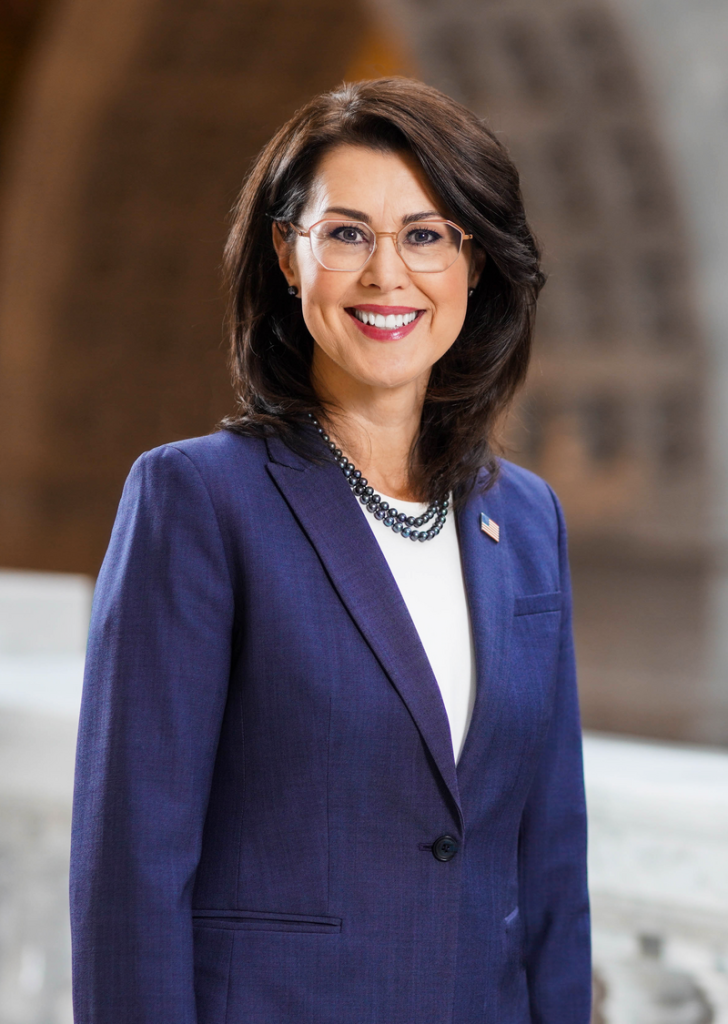
Some state election officials, such as Utah Lt. Gov. Deidre Henderson, support the concept of the bill but warn of potential overreach. Henderson shared a personal anecdote where she was removed from the voter rolls due to being born abroad, illustrating the potential pitfalls of aggressive voter roll maintenance. The Republican National Committee’s recent party platform underscores the importance of border security and opposition to granting voting rights to noncitizens, themes expected to dominate discussions at the upcoming Republican National Convention.

